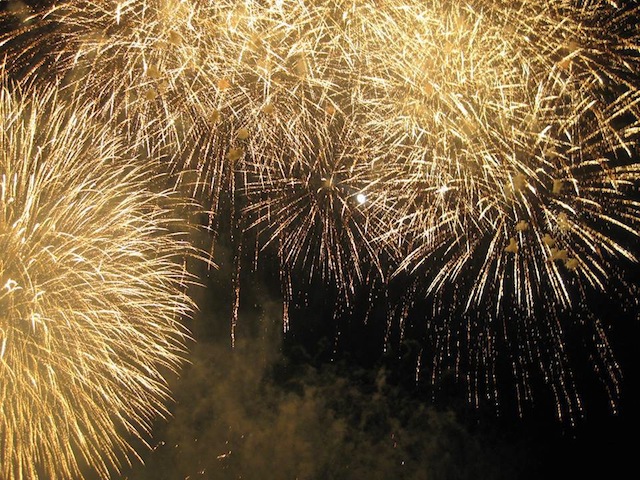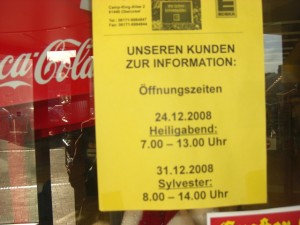Our Silvester (German for New Year’s Eve) will be a quiet one, which is just the way I like it. Fireworks and big gatherings are also banned again on New Year’s Eve.
The road ahead should be taken the Welsh way:
“In Wales, people don’t move rocks out of their way. They step over them.” (from memory)
I’m grateful for the old year, and yet child enough to look forward to the next one.
Happy New Year, everyone!








